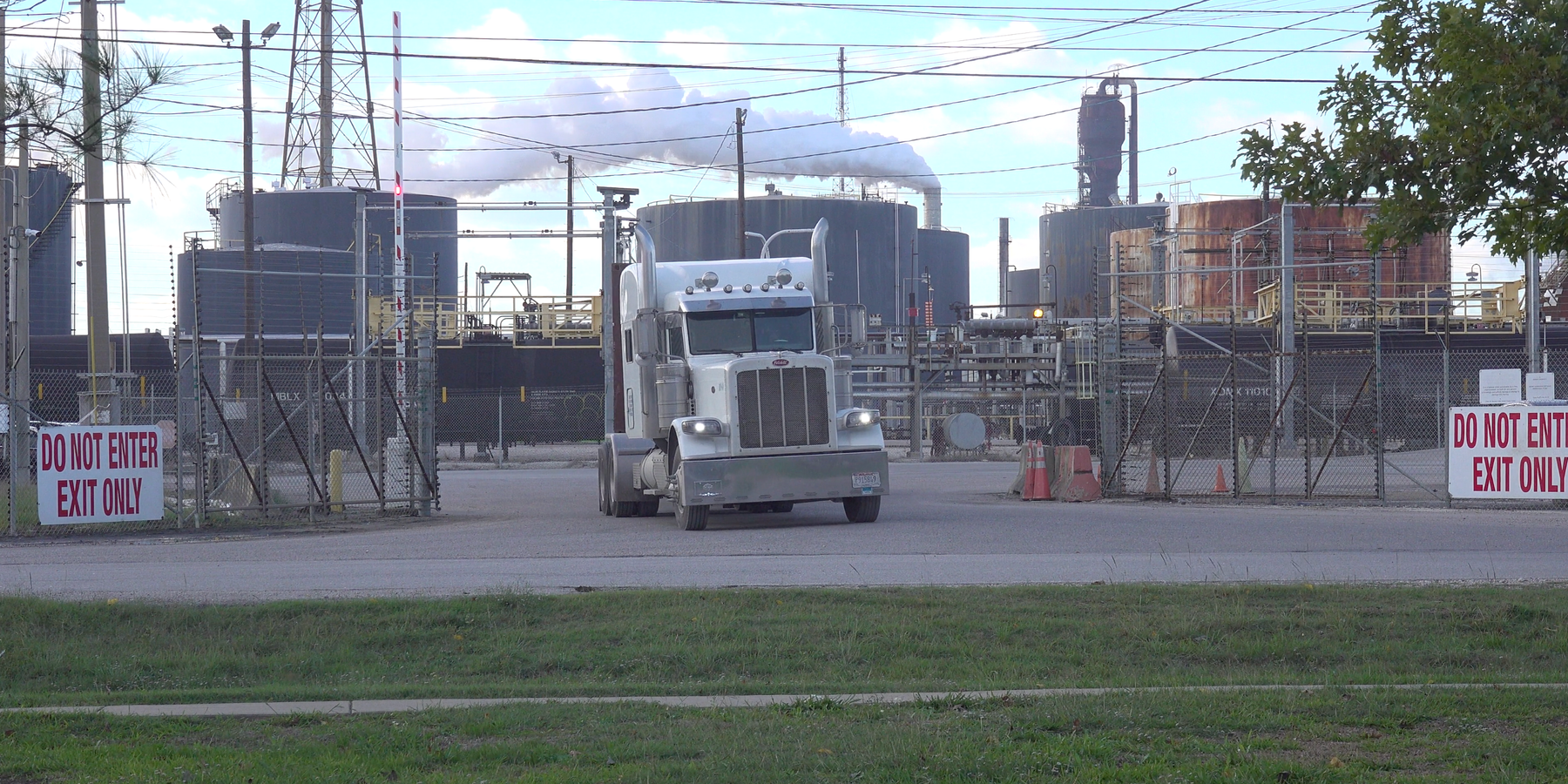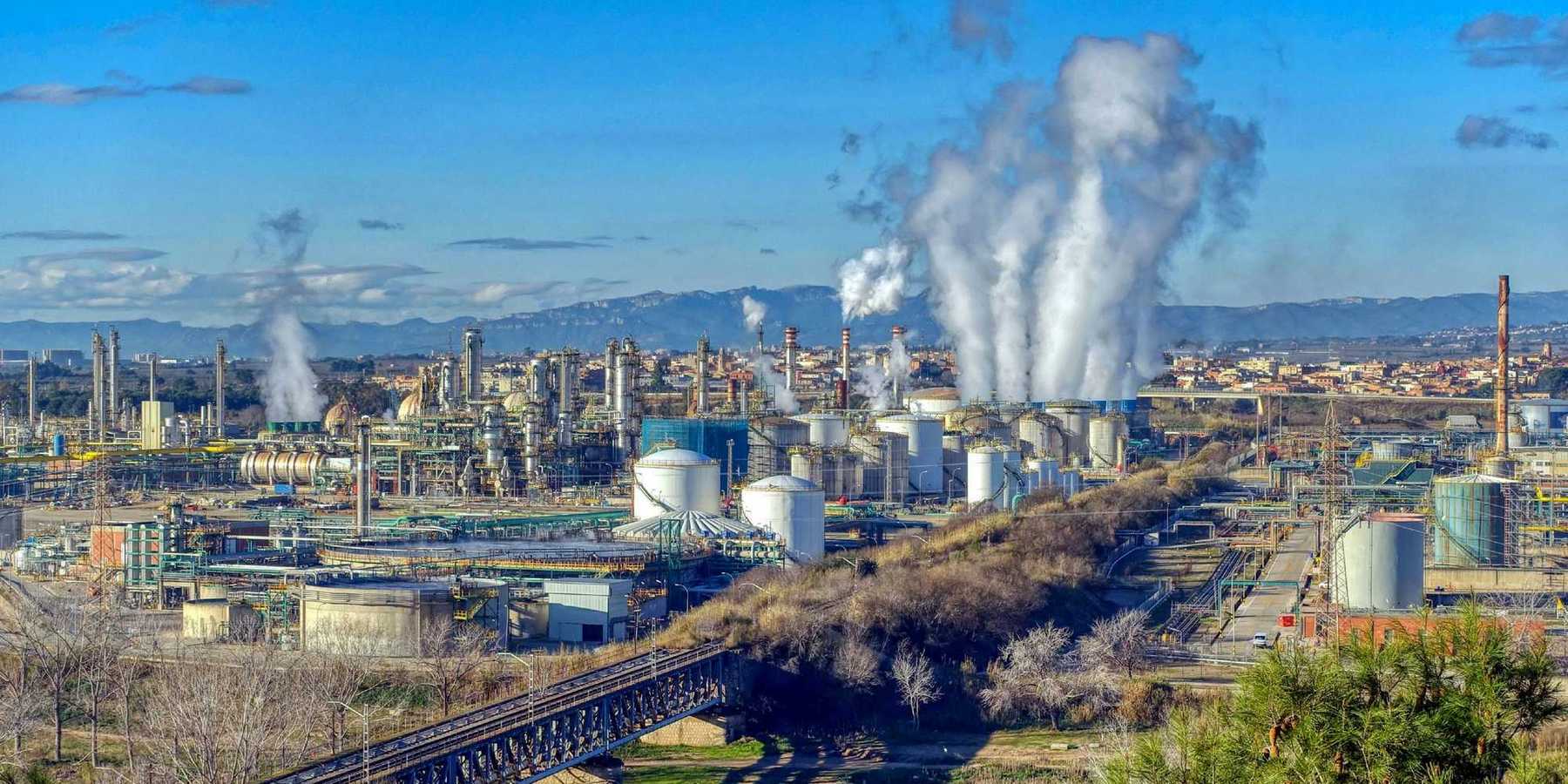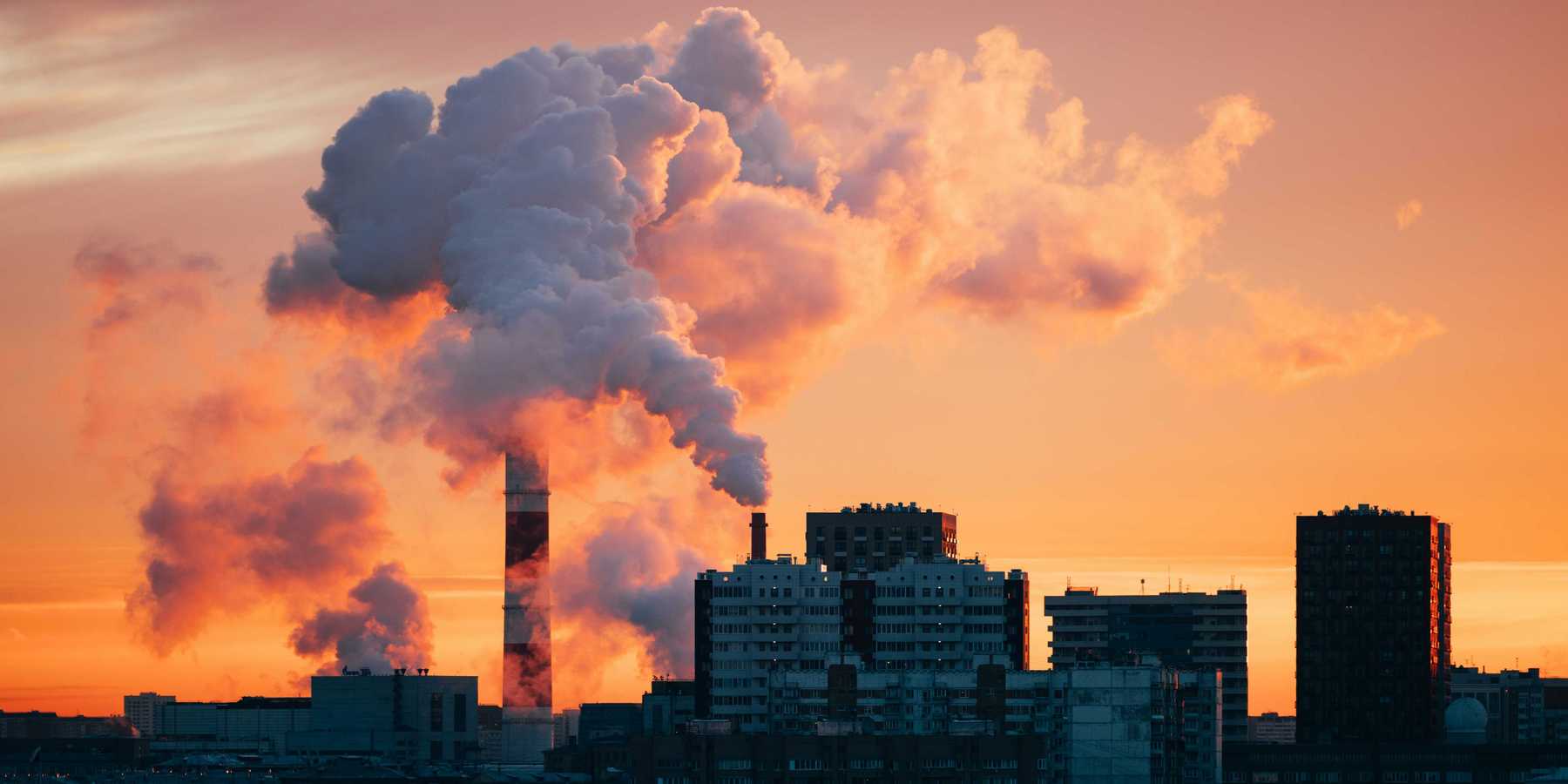
Study shows $1 billion in lost tax revenue in Houston area from industry tax breaks
Top polluters are benefiting the most from tax breaks.
HOUSTON — Harris County, which encompasses Houston, is projected to lose nearly $1 billion in revenue over the lifespan of current tax breaks, many of which are given to top polluters, according to a new report from the environmental advocacy group Texas Campaign for the Environment.
The group commissioned a study with economists from the economic analytics company Autocase to analyze industrial companies for three types of tax code agreements given by cities or school districts in Harris County that would provide tax breaks. The study revealed active tax break agreements with 83 companies in the county in which the company receives things like long term property valuations. In return, companies promise economic growth, job opportunities and adherence to state and federal law, though many of the corporations receiving the tax benefits routinely break environmental laws.
The largest source of tax breaks are Chapter 313 agreements, which limit property value increases for 10 years on businesses that promise economic development and investments in the local school districts, resulting in lower taxes paid. For such agreements the report estimated nearly $788 million in revenue lost over the agreements’ lifespan — some of which are 10-15 years — even after investments from the corporations were paid. Autocase economist Stefan Dindayal said this trend differed from previous county studies where a majority of agreements are with the cities or counties themselves, not the school districts.
Although this type of tax break was replaced by a similar program in June 2023, all current agreements are honored until their expiration.
“It is primarily the state that reimburses the majority of losses (from the tax breaks) through providing state aid,” the report authors wrote. “The loss felt by the state is the foregone school property tax revenue that would otherwise have reduced the need for state aid. As a result, state taxpayers are the prime stakeholders affected.”
The school districts Channelview, Clear Lake, Goose Creek, La Porte, Deer Park and Sheldon are participating in agreements in the county.. Many of these districts are in eastern portions of Houston near heavy industry, and they experience 95% to 100% higher air toxic releases than the rest of the state according to the U.S. Environmental Protection Agency’s environmental justice screening tool.
“The loss felt by the state is the foregone school property tax revenue that would otherwise have reduced the need for state aid. As a result, state taxpayers are the prime stakeholders affected.” - Stefan Dindayal, Autocase
The largest recipient of tax breaks was ExxonMobil, approaching $198.2 million, representing nearly 20% of all tax revenue lost in the county. The ExxonMobil complex in Baytown, TX, is the third largest petrochemical complex in the U.S. and spans 3,400 acres, or about 2,576 American football fields pieced together. With three individual sites within the complex – the olefins unit, the chemical plant and the refinery – the plant and refinery have several quarters of violations or noncompliance for the Clean Air Act and the Clean Water Act from the EPA. Yet, the fines from these violations total $2.46 million, less than 1.25% of the money they save in tax breaks according to this report.
ExxonMobil was followed by Lyondell Chemical, which represents 13% of Harris County’s lost revenue; and Chevron Phillips, which represents 8% of Harris County’s lost revenue. Both of these companies also have histories of environmental noncompliance and illegal emissions events, leaving community members, like Jen Hadayia, the executive director of Air Alliance, to question why “top polluters are being met with top economic incentives.”
“The study …shows that these same industries are preventing economic benefits from returning to the communities they are polluting,” Hadayia said.
At the time of publishing, Lyondell Chemical and Chevron Phillips have not responded to EHN’s requests for comment. Exxon Mobil responded, but did not comment.
The study revealed that, on average, each job created by the industries receiving these tax breaks cost $1.2 million in lost revenue. The costs ranged from $31,000 to $38.7 million per job promised. The highest tax break per job was Occidental Petroleum promising two jobs in their agreement and receiving $38.7 million per job.
“Countless times we hear these industries say that these companies are important to our region because they bring economic prosperity and they bring jobs,” the Houston regional coordinator for TCE, Dominic Chacón, said. “This (study) directly undermines that message as well. We know none of these workers are receiving millions of dollars per job like these companies are receiving.”
Houston residents, however, have seen their property taxes climb. For South Houston resident Erandi Treviño, that tax amounts to nearly one-third of the average income of her neighborhood.
“We can see here that home taxes are extremely high and truly, really onerous,” Treviño, founder of the environmental advocacy organization the Raíces Collaborative, said. “And when you have…billion dollar entities that are getting these tax breaks, clearly something here is off.”
The study projected that if revenue had been retained by Harris County city budgets could have increased funding across all budget items, including public safety and public works, from 0.2% in Houston to as much as 25% in Morgan’s Point, a city about 30 miles East of Houston.
“We can compare how many dollars are being lost for each service,” Dindayal said. “And this is kind of a neat way to get the community to actually understand what they're losing. They're not just losing a dollar amount. What they're losing is dollar amounts in these potential services that could have benefited the city and the community at large.”













